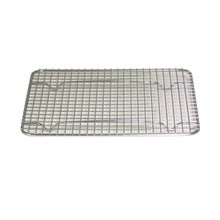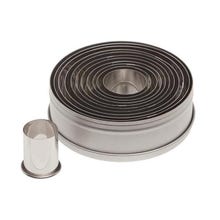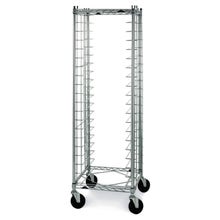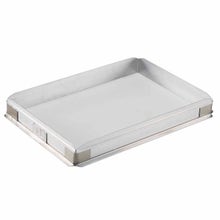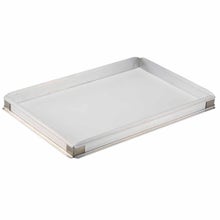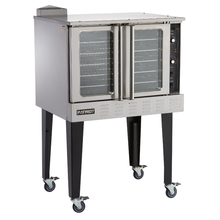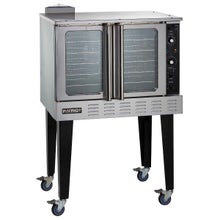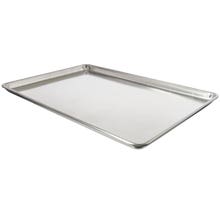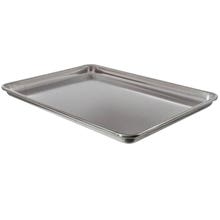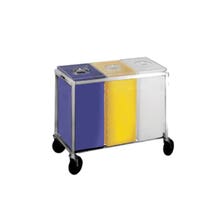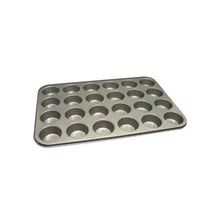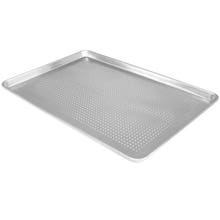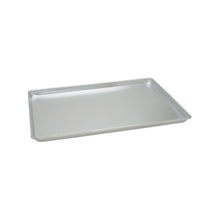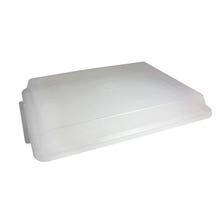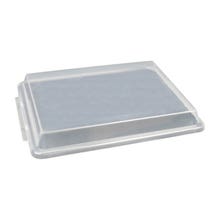How to Start a Successful Home-Based Bakery Business: A Comprehensive Guide
By: Matthew Berry • Feb. 2, 2023 • 9 minute read time
How to Start a Successful Home-Based Bakery Business: A Comprehensive Guide
Owning a bakery is a passion-driven business, and starting one at home can be a great way to turn your passion for baking into a profitable enterprise.
Running your own business, like a bakery, can help you connect with people by sharing the creative and delicious things you create. Having your own bakery business allows you to be imaginative with your recipes and experiment with new flavors and techniques.
Setting up a home bakery typically has a lower startup cost than a traditional bakery. You don't need to rent an expensive retail space. It allows you to set your hours and run things how you want.
Setting up a home bakery typically has a lower startup cost than a traditional bakery. You don't need to rent an expensive retail space, and you can set your own hours and run the business as you please.
Bakery products are easy to sell online or at farmers' markets, so you can start your baking business as a side gig and expand.
If you're a home baker looking for a career change, starting your own baking business might be your next step.
Before you jump into the bakery business, keep reading for tips that will make the process easier.
Creating a Successful Home-Based Bakery
Starting any new business can be tricky. By following these steps, you'll be on your way to creating a successful home-based bakery business and turning your passion for baking into a profitable enterprise:
- Develop a business plan—Create a detailed plan that outlines your goals, target market, menu, finances, and marketing strategy.
- Obtain necessary licenses and permits—Check with your local health department and business licensing office to determine the requirements for starting a home-based bakery business.
- Invest in equipment—Invest in quality equipment, such as an oven, mixer, baking pans, dough boxes, scales, measuring cups, and pan racks, to ensure you have the tools you need to produce high-quality products.
- Establish a kitchen—Create a designated baking area in your home that meets health department requirements and provides enough space to bake, decorate, and store your products.
- Create a menu—Develop a menu that showcases your skills and appeals to your target audience. Test your recipes repeatedly to ensure they are delicious and consistent.
- Build a network—Network with local food suppliers, bakeries, and specialty food stores to build relationships and find opportunities for collaboration.
- Start marketing—Develop a marketing plan to reach your target audience using social media, word-of-mouth, and other strategies.
- Launch your business—Start small by offering your products to friends, family, and local markets, and gradually expand your offerings as you gain experience and confidence.
Laws for Home-Based Bakeries
The legal obligations for home-based bakeries vary by location, but generally, home-based bakeries are subject to both food safety regulations and business licensing requirements. Here are some common home bakery laws to consider:
- Food safety regulations—Home bakeries must comply with local food safety regulations, which typically include food storage, preparation, labeling, and employee training requirements.
- Business licensing requirements—Depending on your location, you may need a business license, sales tax permit, or food handler's permit to operate a bakery from home.
- Homeowner's association rules—If you live in a community governed by a homeowner's association, you may be subject to its rules that impact your ability to operate a home-based bakery or any home-based business.
- Insurance requirements—You should consider purchasing liability insurance to protect against potential lawsuits and other financial losses. Your homeowner's insurance probably won't cover losses related to any home-based business, including damage to equipment used explicitly for the business or damage to the rest of the home caused by the business. You'll need a specific policy to cover those types of damage.
- Zoning regulations—Local zoning laws may restrict the operation of a home-based bakery in residential areas, so it's essential to check with your local zoning office before starting your business.
When starting a home-based bakery, it's important to research and comply with all relevant laws and regulations to ensure that your business operates legally and safely.
Home Bakery Start-Up Costs & Ongoing Expenses
Starting a home-based bakery can be an affordable way to launch a business, but there are still a number of startup costs and ongoing expenses to consider. Here are some common costs to keep in mind:
Startup costs:
- Equipment—Ovens, mixers, bakeware, dough boxes, baking utensils, pan racks, and other equipment can be costly but are essential for producing high-quality products.
- Ingredients—You'll need to purchase ingredients, such as flour, sugar, eggs, butter, and more to make your products.
- Packaging—You'll need to purchase packaging materials, such as boxes, bags, and labels, to package and sell your products.
- Licenses and permits—Depending on your location, you may need to obtain a business license, sales tax permit, or food handler's permit, which can be expensive.


- Marketing and advertising—To reach your target audience, you'll need to invest in marketing and advertising, such as creating a website, using social media, or printing flyers and signage.
Ongoing expenses:
- Ingredients—To make your products, you'll need to purchase ingredients continuously.
- Utilities—Your bakery will increase your home's utility bills. You'll use more electricity, gas, and water than you do now.
- Insurance—Liability insurance protects you and your business against lawsuits and financial losses. The specialized business insurance to cover your home from losses associated with running a business in it will be more than standard homeowner's insurance.
- Equipment maintenance: You must maintain and replace equipment to ensure its continued correct function. If crucial equipment breaks down, you must have it repaired or replaced to continue working.
- Marketing and advertising: You must continue to invest in marketing and advertising to keep your business top of mind with your target audience.
By carefully estimating these costs and managing your expenses, you can ensure that your home-based bakery is profitable and sustainable over the long term.
As you work toward starting your home-based bakery, following these steps will help guide you toward owning and running a successful business.
Our Favorite Desserts
Try some of our favorite and most popular bakery recipes that you can adapt and consider for your new bakery.


